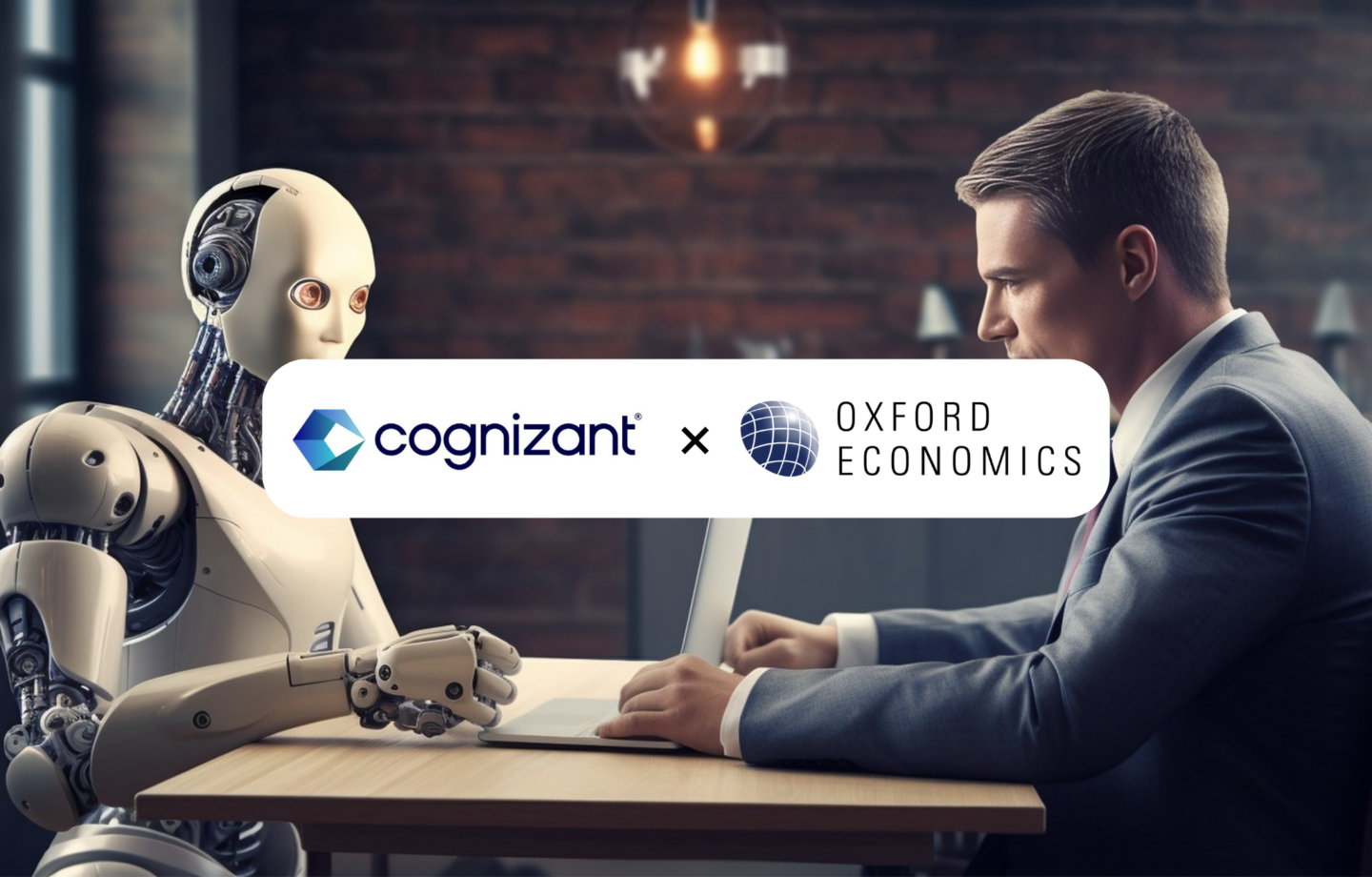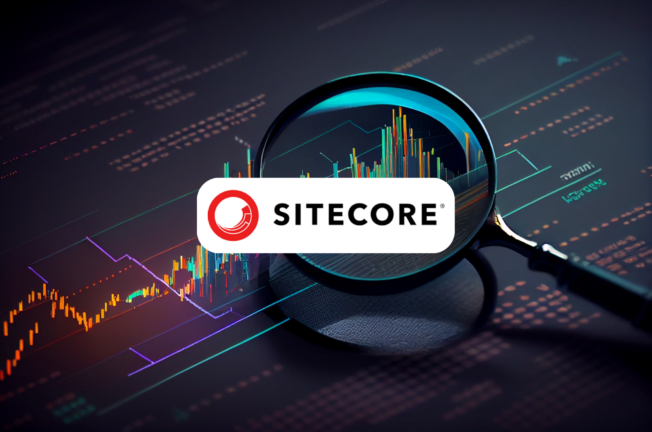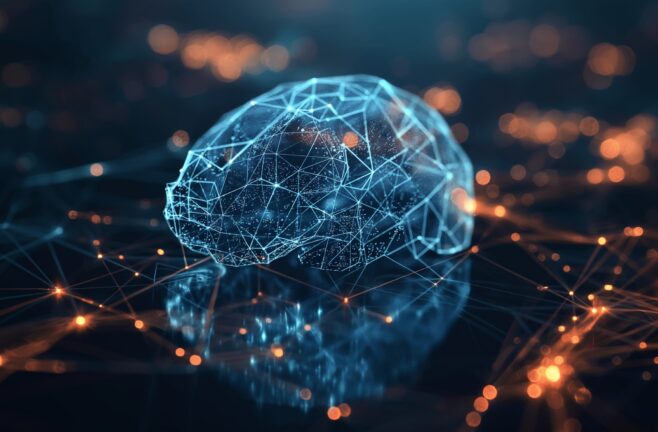An astonishing 90% of jobs are facing some level of disruption due to the rise of generative AI (gen AI), according to a recent study by Cognizant and Oxford Economics. The study predicts a seismic shift in the world of employment, as transformative technology not only promises to enhance operational efficiency and spawn new revenue streams but also holds the potential to redefine businesses and reshape the global economic landscape.
As businesses find themselves in the experimental phase of incorporating AI capabilities, the study foresees a rapid acceleration in adoption, leaping from the current 13% to an astounding 31% within the next four to eight years. Even after the 15-year mark, the momentum is expected to continue, propelling gen AI into mainstream usage for at least another 15 years.
"Generative AI has already astonished us with its capabilities across industries, but the true impact of its integration in our daily business operations has just scratched the surface. To apply the technology's potential to amplify our productivity, we must understand its full influence on the future of work and come together to create the best opportunities for people to grow alongside it," said Ravi Kumar S, Chief Executive Officer, Cognizant.
Speaking of gen AI's impact on the business world, last year's survey by Indeed showed that regardless of its impact, only a relatively small fraction, 19.8%, of jobs are deemed "highly" susceptible to gen AI, indicating that while gen AI can acquire the ability to carry out specific tasks within certain roles, it is unlikely to entirely replace most jobs.

Gen AI's impact on productivity and GDP
The study sheds light on the potential economic benefits of widespread gen AI adoption. With the technology poised to enhance U.S. productivity by 1.7-3.5%, the projected growth could translate to a staggering increase in the U.S. GDP, ranging between $477 billion and $1 trillion annually over the next decade.
"Our study aims to lift the curtain on the effects generative AI may have on our global workforce. The research findings showcase just how quickly this technology might disrupt the trajectory of the U.S. economy, offering invaluable insights for leaders to harness its potential and adapt swiftly," said Adrian Cooper, CEO at Oxford Economics.
A balancing act for the job market
However, this transformative journey comes with its challenges. A profound shift in the job market is anticipated, with 52% of all jobs predicted to undergo significant changes as gen AI becomes integrated into various job tasks. The study estimates that approximately 9% of the current U.S. workforce may face displacement, presenting a 1% challenge in finding new employment based on historical economic shifts.
Unlike previous waves of technological advancement, gen AI is set to disrupt higher-level knowledge work, impacting jobs that involve credit analysis, computer programming, web development, database administration, and graphic design. Jobs with theoretical maximum exposure scores of 50% today may see an increase to 80% by 2032, further highlighting the transformative potential of gen AI.
Adapting leadership roles
Surprisingly, the study reveals that C-suite executives, including CEOs, are not immune to the impact of gen AI. With a theoretical maximum exposure score exceeding 25%, these leaders are expected to leverage gen AI for everything from competitive assessments to strategic decision-making, underscoring the universal influence of this technology across all professional domains.
Recognizing the monumental shifts ahead, Cognizant emphasizes the need for proactive measures today. The study advocates for a new trust compact among leaders across sectors to navigate the age of gen AI successfully. As businesses integrate gen AI into their workforce, reskilling programs will become integral, transforming from tactical add-ons to essential components of the workday.









